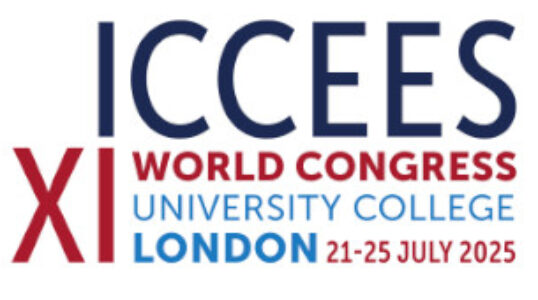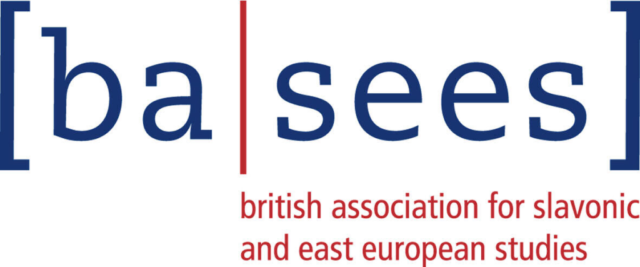ICCEES XI World Congress
21-25 July 2025, University College London, UK
The proposal submission system is now open – see the “Submit proposal” page.
‘Disruption’
The International Council for Central and East European Studies (ICCEES) is proud to announce that its upcoming XI World Congress will be hosted by University College London around the theme of “disruption”. The regions covered by ICCEES are currently navigating a period of profound change and rupture, particularly in the aftermath of Russia’s full-scale invasion of Ukraine. Recent events have shown the need to disrupt conventional approaches to thinking about, studying, and researching these regions – their histories, cultures, languages, politics, economics, infrastructures, and societies. Place-specific knowledge is as vital as ever in understanding how local and regional processes interact with transregional and global dynamics. At the same time, the need to reassess our methodologies, assumptions, and perspectives has never been more urgent. It is against this backdrop of transformation that we invite scholars, researchers, and practitioners to engage in conversations that push the boundaries of conventional understandings of past events and contemporary developments.
Hosted by University College London (UCL), an institution synonymous with disruptive thinking since its establishment in 1826, and the UCL School of Slavonic and East European Studies (SSEES), whose mission is to promote multidisciplinary, critical area studies, the ICCEES 2025 World Congress will provide an ideal setting for a conference centring on the idea of disruption. SSEES is the UK’s largest institution for research and teaching on Central, Eastern, and South-East Europe, the Baltics, Russia, the Caucasus, and Central Asia. The School is home to one of the world’s largest concentrations of academic staff devoted to the study of this broad cluster of regions, with some 80 academics engaging in teaching and research in the fields of politics, sociology, economics, business, history, languages, literature, and culture, all underpinned by a commitment to language-based, critical area studies.
ICCEES welcomes paper, panel, and roundtable proposals with an area-specific focus as well as positioned within disciplinary and interdisciplinary frameworks. These disciplines and areas include, but are not limited to: Politics; History; Sociology; Geography; Film and Media; Languages and Linguistics; Literatures and Cultures; Anthropology; Economics; Baltic Studies; Black Sea Studies; Caucasus Studies; Central Asian Studies; Central and East European Studies; Habsburg Studies; Polish Studies; Russian Studies; Siberian Studies; South-East European Studies; Ukrainian Studies. We particularly encourage proposals that help push forward efforts to decentre and decolonise the study of the region.
The Congress especially welcomes the participation of postgraduate research students and early career scholars.
The Congress organisers also look forward to proposals for thematic colloquiums that can be held as part of the Congress. If you would like to propose a colloquium, please email the Congress organisers at academic.organisers@basees.org
Proposals are invited for panels, roundtable discussions, individual papers, and workshops. The organising team encourages proposals for complete sessions. Each panel should normally consist of up to five participants: 3-4 presenters and a chair. One of the presenters could be a discussant, but having a discussant is not mandatory. Each roundtable should consist of approximately 4-5 participants with shorter contributions, along with a chair. Each participant can give a maximum of two presentations, but only one full paper, i.e. participating in one panel and/or in one roundtable. Participants can act as a chair in more than two panels/roundtables.
Remote attendance:
We are welcoming remote paper presentations. If you wish to attend remotely, please indicate so when submitting your proposal. However, we cannot accept fully remote panels. The Chair of a panel, who can also be one of the presenters, must attend the Congress in-person to lead the session and facilitate the discussion. We are operating a limited hybrid model. Delegates registering for remote attendance will be able to present their paper via Zoom and listen into all paper/panels. Full hybrid, i.e. using special 360° camera, mic and speaker equipment, will only be available in a small number of rooms.
The submission platform will open on mid July, 2024. The deadline for submissions is October 31, 2024. Information regarding registration fees and available travel grants/scholarships will be published in mid July 2024.
Venue:
UCL Institute of Education
20 Bedford Way,
London WC1H 0AL
We are grateful for the support of the following organisations and foundations. Their contributions have supported the hybrid setup of the Congress and provided stipends and travel grants







